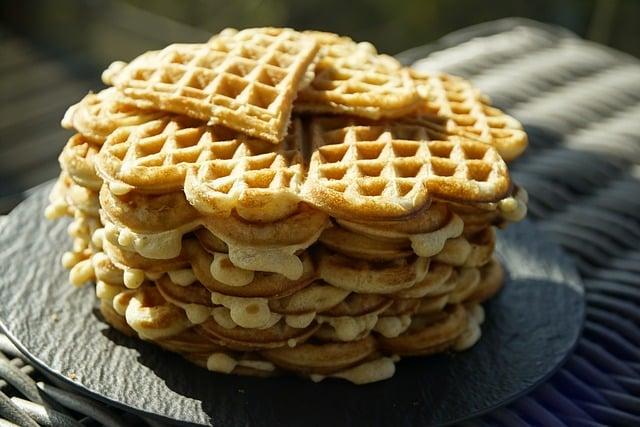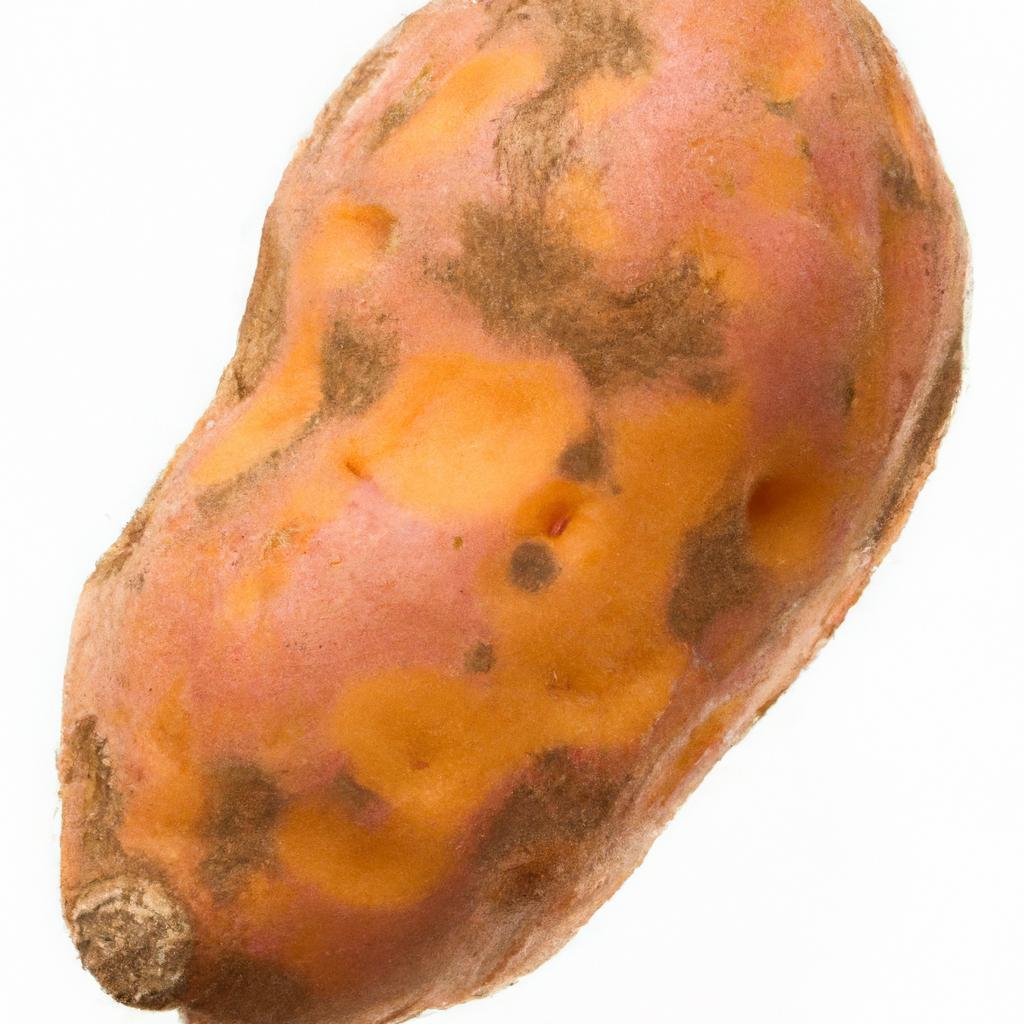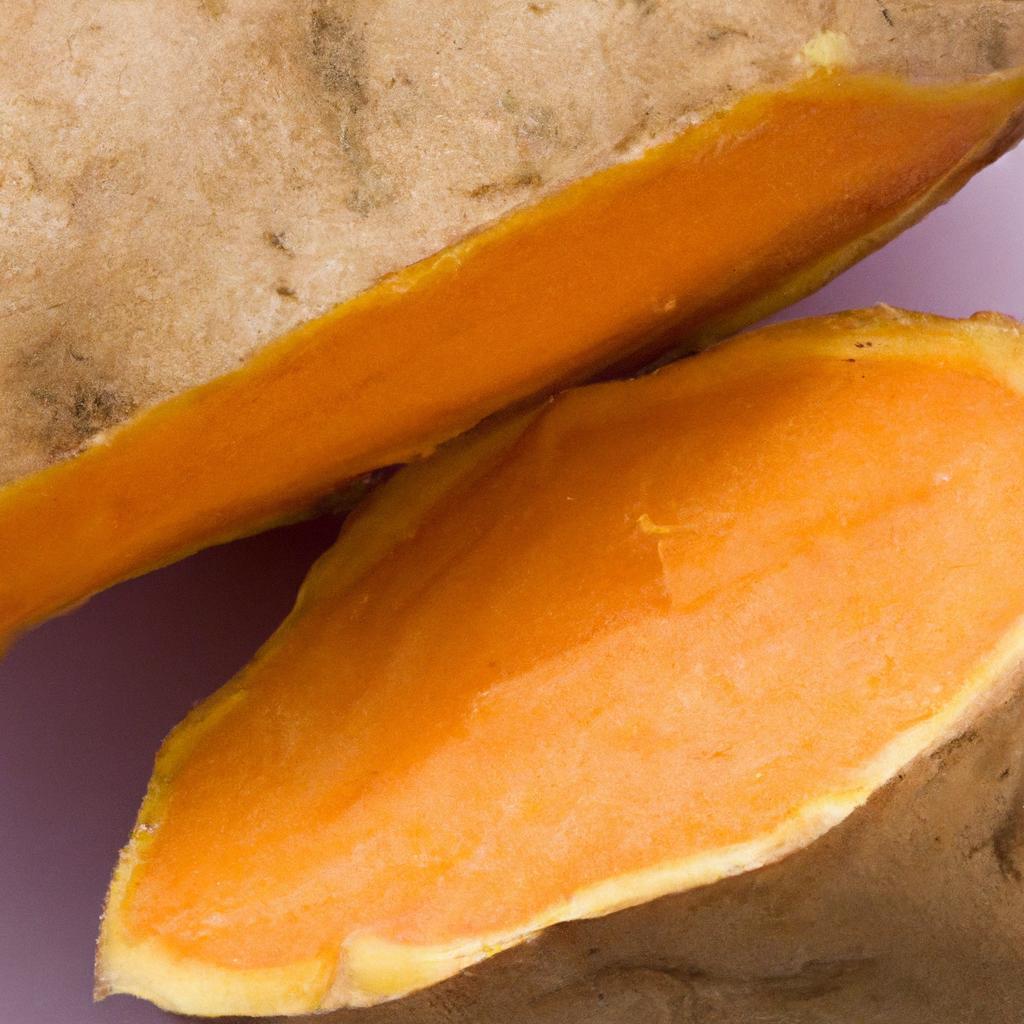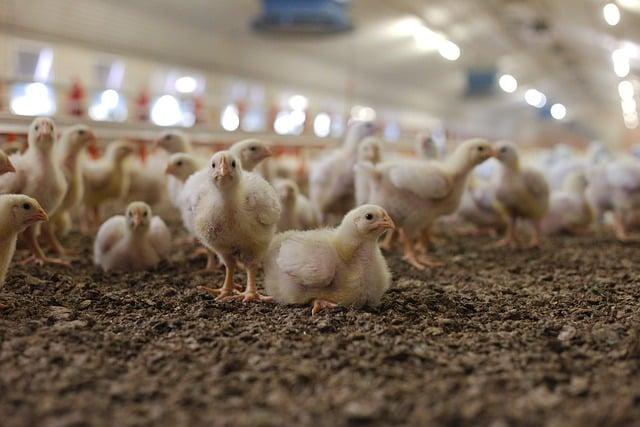Once upon a time, in a cozy kitchen, a loving owner decided to whip up a special meal for their furry friend. They combined lean chicken, sweet potatoes, and vibrant carrots, creating a nutritious feast. As the dog eagerly devoured the meal, its tail wagged with joy. This wholesome home-cooked food not only delighted the pup but also provided essential nutrients for a healthy life. By choosing fresh, safe ingredients, you can ensure your dog thrives. Why settle for store-bought when you can create a tail-wagging masterpiece at home?
Contents
- Understanding Nutritional Needs for Dogs
- Safe and Healthy Ingredients for Homemade Dog Food
- Delicious Recipes Your Dog Will Love
- Common Mistakes to Avoid When Feeding Dogs Homemade Meals
- Q&A
Understanding Nutritional Needs for Dogs
When considering what to feed your canine companion, it’s essential to understand their unique nutritional requirements. Dogs, like humans, need a balanced diet that includes a variety of nutrients to maintain optimal health. This includes proteins, carbohydrates, fats, vitamins, and minerals. Each of these components plays a crucial role in your dog’s overall well-being, influencing everything from energy levels to coat condition.
**Proteins** are fundamental for muscle development and repair. High-quality sources include:
- Lean meats such as chicken, turkey, and beef
- Fish, which is rich in omega-3 fatty acids
- Eggs, a complete protein source
Incorporating these protein sources into your dog’s diet can help support their growth and energy needs, especially for active breeds.
**Carbohydrates** provide the necessary energy for your dog’s daily activities. While some may argue that dogs are primarily carnivorous, carbohydrates can be beneficial when sourced from healthy options. Consider adding:
- Brown rice or quinoa for digestible energy
- Sweet potatoes, which are rich in vitamins and fiber
- Vegetables like peas and carrots for added nutrients
These ingredients not only fuel your dog but also contribute to digestive health and overall vitality.
Lastly, **fats** are essential for maintaining healthy skin and a shiny coat. Healthy fats can be found in:
- Fish oil, which also supports joint health
- Flaxseed oil, a great source of omega-3 fatty acids
- Chicken fat, which adds flavor and energy
Incorporating these fats into your dog’s diet can enhance their coat condition and provide essential fatty acids that promote overall health. By carefully selecting home-cooked meals that meet these nutritional needs, you can ensure your dog thrives and enjoys a long, healthy life.
Safe and Healthy Ingredients for Homemade Dog Food
When it comes to crafting nutritious meals for your furry friend, selecting the right ingredients is crucial. Opt for **lean meats** such as chicken, turkey, or beef, which provide essential proteins that support muscle growth and overall health. These proteins are not only tasty but also help maintain your dog’s energy levels throughout the day. Remember to remove any bones and skin, as these can pose choking hazards or lead to digestive issues.
Incorporating **vegetables** into your dog’s diet can significantly enhance their nutritional intake. Vegetables like carrots, peas, and sweet potatoes are rich in vitamins and minerals that promote a healthy immune system. Additionally, leafy greens such as spinach and kale offer antioxidants that can help combat inflammation. Always ensure that the vegetables are cooked and chopped into manageable pieces to facilitate easier digestion.
Don’t overlook the importance of **healthy fats** in your homemade dog food. Ingredients like fish oil or flaxseed oil are excellent sources of omega-3 fatty acids, which contribute to a shiny coat and healthy skin. These fats also support brain health and can reduce the risk of heart disease. Just be mindful of the quantity, as too much fat can lead to obesity and other health issues.
consider adding **whole grains** to round out your dog’s diet. Brown rice, quinoa, and oats are great options that provide fiber and help maintain digestive health. These grains can also serve as a source of energy, keeping your dog active and playful. Always ensure that any grains you include are cooked thoroughly to aid in digestion and absorption of nutrients.
Delicious Recipes Your Dog Will Love
When it comes to treating your furry friend, homemade meals can be both nutritious and delicious. Dogs thrive on a balanced diet that includes a variety of ingredients. Consider incorporating **lean meats** like chicken, turkey, or beef into their meals. These protein sources are essential for muscle development and overall health. Just be sure to cook the meat thoroughly and remove any bones, as they can pose a choking hazard.
Vegetables are another fantastic addition to your dog’s diet. Many dogs enjoy the crunch of **carrots**, **green beans**, and **sweet potatoes**. These veggies are not only low in calories but also packed with vitamins and minerals. You can steam or bake them to enhance their flavor and make them easier for your dog to digest. Remember to chop them into bite-sized pieces to prevent any choking risks.
Don’t forget about grains! Foods like **brown rice** and **oats** can provide your dog with the necessary carbohydrates for energy. These grains are gentle on the stomach and can help with digestion. Mixing them with protein and veggies creates a well-rounded meal that your dog will eagerly devour. Just ensure that any grains you use are cooked and free from additives or seasonings.
Lastly, consider adding some healthy fats to your dog’s meals. Ingredients like **coconut oil** or **fish oil** can promote a shiny coat and healthy skin. A small amount goes a long way, so be mindful of the quantity. You can drizzle these oils over their food or mix them in for an extra tasty treat. Your dog will not only love the flavor but will also benefit from the added nutrients!
Common Mistakes to Avoid When Feeding Dogs Homemade Meals
When preparing homemade meals for your dog, it’s essential to ensure that the food is balanced and nutritious. One common mistake is neglecting to include essential nutrients. Dogs require a mix of proteins, carbohydrates, fats, vitamins, and minerals to thrive. Failing to provide a well-rounded diet can lead to deficiencies that may affect your dog’s health over time. Always consult with a veterinarian or a pet nutritionist to create a meal plan that meets your dog’s specific dietary needs.
Another frequent error is using harmful ingredients. Certain foods that are safe for humans can be toxic to dogs. For instance, ingredients like chocolate, grapes, onions, and garlic should be strictly avoided. Additionally, be cautious with seasonings and additives that may upset your dog’s stomach. Always research any new ingredient before incorporating it into your dog’s diet to ensure it is safe and beneficial.
Portion control is also a critical aspect that many pet owners overlook. Feeding too much or too little can lead to obesity or malnutrition. It’s vital to measure your dog’s food according to their size, age, and activity level. Regularly monitor their weight and adjust portions as necessary. Keeping a consistent feeding schedule can also help maintain a healthy appetite and digestion.
Lastly, failing to transition gradually from commercial dog food to homemade meals can cause digestive issues. Sudden changes in diet can lead to upset stomachs or diarrhea. Instead, introduce homemade meals slowly over a week or two, mixing small amounts of the new food with their regular food. This gradual transition allows your dog’s digestive system to adjust and helps you monitor any adverse reactions to new ingredients.
Q&A
-
What human foods are safe for dogs?
Many human foods can be beneficial for dogs. Some safe options include:
- Lean meats: Chicken, turkey, and beef are excellent protein sources.
- Vegetables: Carrots, green beans, and sweet potatoes provide essential vitamins.
- Fruits: Apples, blueberries, and bananas can be healthy treats.
- Rice and pasta: Cooked plain rice or pasta can be a good carbohydrate source.
-
Are there any human foods I should avoid giving my dog?
Yes, certain foods can be harmful to dogs. Avoid giving them:
- Chocolate: Toxic to dogs and can cause serious health issues.
- Onions and garlic: These can damage a dog’s red blood cells.
- Grapes and raisins: Can lead to kidney failure in dogs.
- Xylitol: A sugar substitute found in many products that is extremely toxic to dogs.
-
How should I prepare human food for my dog?
When preparing food for your dog, keep these tips in mind:
- Cook thoroughly: Ensure meats are cooked to eliminate harmful bacteria.
- Avoid seasoning: Do not add salt, spices, or sauces, as they can upset your dog’s stomach.
- Cut into small pieces: This helps prevent choking and makes it easier for your dog to eat.
- Introduce gradually: Mix new foods with their regular diet to avoid digestive issues.
-
Can I feed my dog a homemade diet exclusively?
While homemade diets can be healthy, they should be balanced. Consider the following:
- Consult a vet: Always discuss with your veterinarian to ensure nutritional needs are met.
- Include variety: A mix of proteins, carbohydrates, and vegetables is essential for a balanced diet.
- Supplements: You may need to add vitamins or minerals to ensure your dog gets everything they need.
- Monitor health: Regular check-ups can help track your dog’s health and dietary needs.
Incorporating wholesome home-cooked meals into your dog’s diet can enhance their health and happiness. By choosing the right ingredients, you can provide a nutritious alternative to commercial food. Invest in your pet’s well-being today—because they deserve the best!




